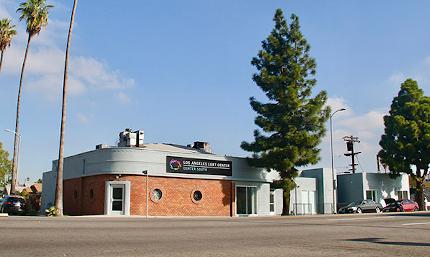By Dr. Minh N. Ho, M.D., F.A.C.O.G, Medical Director, Reproductive Endocrinologist at Reproductive Sciences Medical Center
As more people are coming out as transgender at earlier ages, interest in fertility preservation for this population is rising, experts say. For young people who know they want to transition and that they want to have genetically related children in the future, it best to take steps to preserve their fertility before beginning hormone treatment for their transition.
Transgender individuals may choose to build their family through adoption or surrogacy. However, many are not aware that there are fertility preservation options (egg and sperm freezing) that allow them to have children on their own. Many transgender adults believe that fertility preservation should be discussed with and offered to them. Knowledge of the effects of medical treatments on fertility, familiarity with available fertility preservation options, and a discussion of potential ethical issues are all necessary when counseling patients before their transition.

Reproduction Options for Transgender Women
The most common fertility preservation option for transgender women is sperm cryopreservation, also know as sperm freezing.
Prior to transitioning, a transgender woman can freeze her sperm. This can be done at most fertility clinics. In rare cases, surgery is required to retrieve the sperm.
Once the sperm is collected, it will be frozen using cryoprotectant, which is used to protect the sperm from potential damage during the freezing process. The frozen sperm is then stored in a lab until the patient chooses to use it. This gives a transgender woman the option to have biological children in the future.
When she is ready, her sperm can be used to fertilize her partner’s egg or a donated egg. This can occur even after she transitions, though her gender confirmation surgery will not allow her to carry a pregnancy.

Reproductive Options for Transgender Men
The most common fertility preservation option for transgender men is egg freezing. The eggs would be extracted prior to hormone treatment, frozen and stored. They can later be used when he is ready to start a family.
A transgender man who wishes to freeze his eggs will receive ovulation stimulating hormones that stimulate the ovaries to produce multiple eggs. This is done to ensure that the maximum number of eggs are retrieved for preservation.
After receiving hormones for 10 to 12 days, the eggs are collected via a brief surgical procedure and then frozen and stored (cryopreservation). When the patient is ready to start his family, the frozen eggs can be thawed and fertilized with sperm using in vitro fertilization (IVF). The resulting embryos can then be transferred into the patient’s uterus, a female partner or a gestational carrier.

Embryo freezing
Embryo freezing is an option for both transgender men and transgender women. This is a way for couples to preserve their fertility before one member begins transitioning.
The embryos will be created via IVF, and then frozen and stored for future implantation.
Reproductive Sciences Medical Center is proud to offer comprehensive fertility treatment to patients, regardless of sexual orientation, gender identity, or marital status, with success rates that are well above the national average. We are committed to providing a safe space dedicated to LGBTQ fertility care, with expertise in providing gay, lesbian, and transgender patients access to care in a professional environment.























